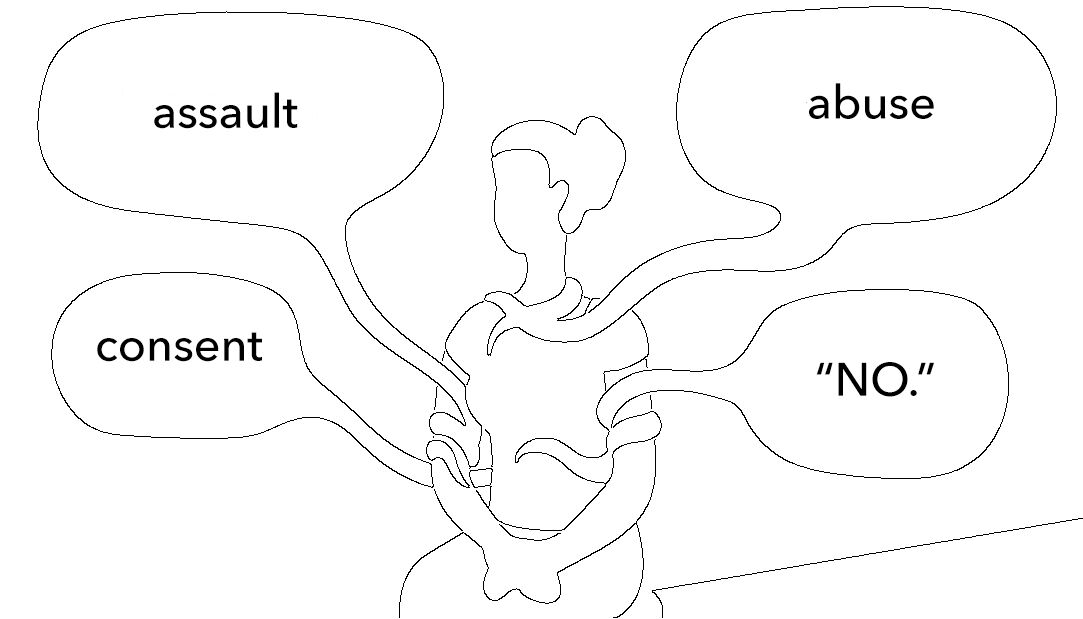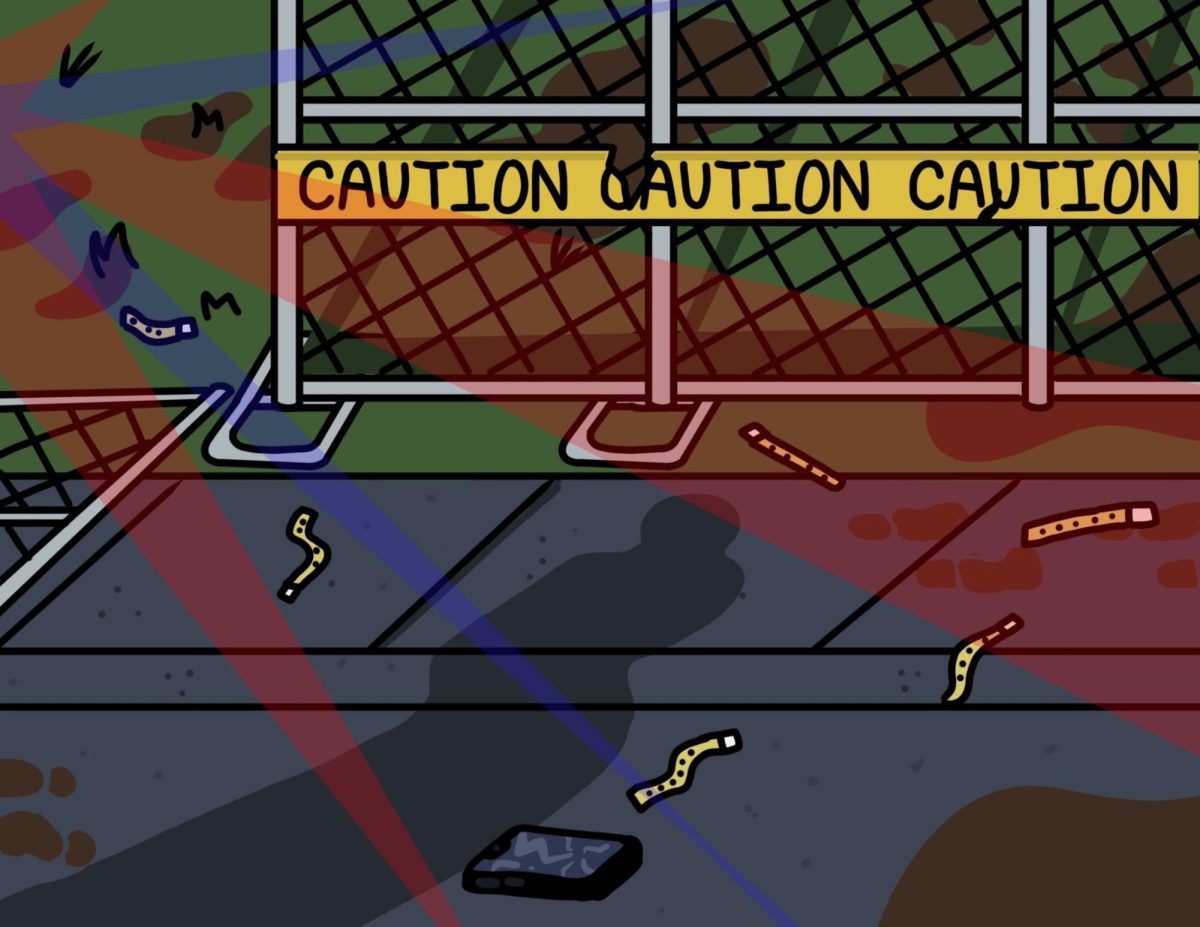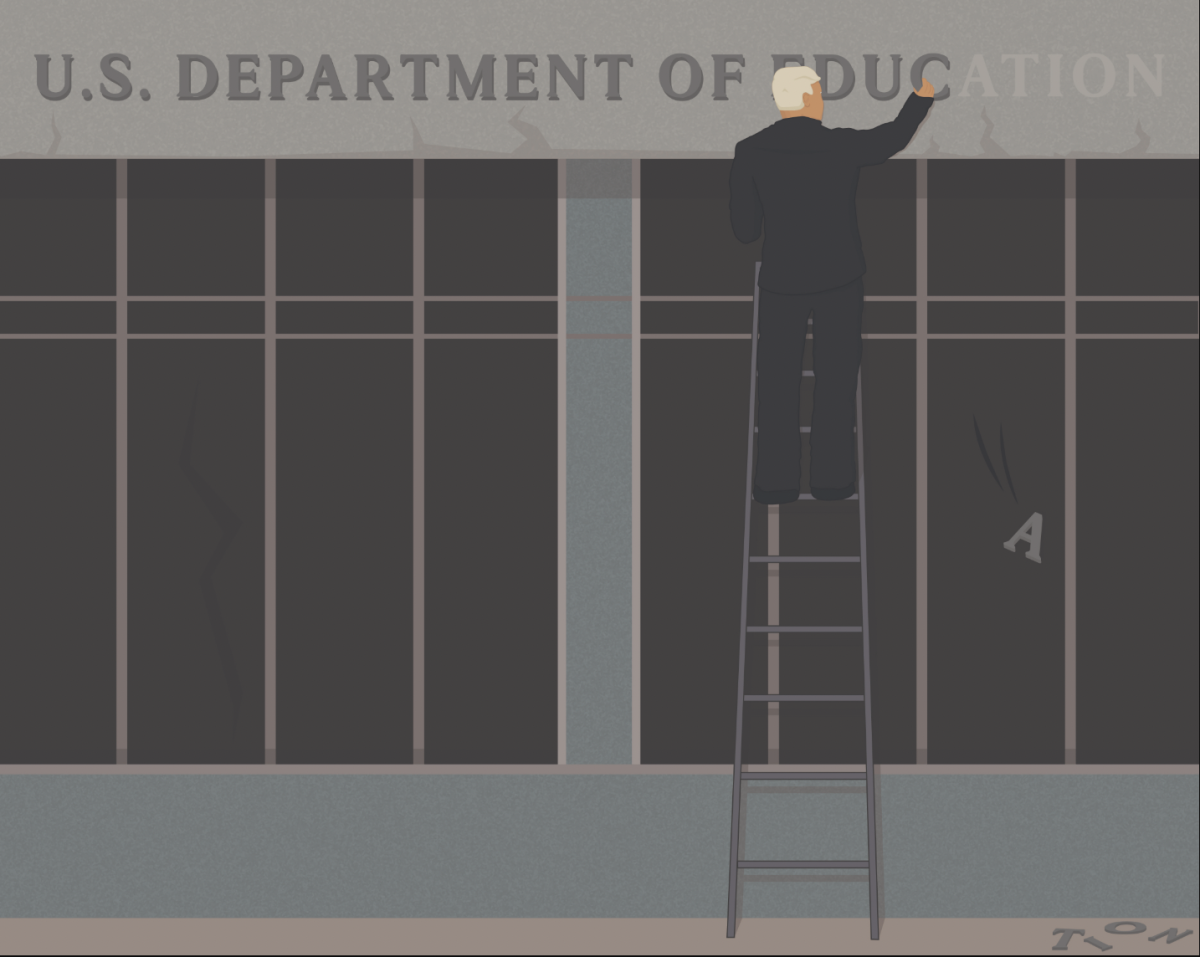New sexual assault policy proposals from the Betsy DeVos-led Department of Education bolster the rights of college students accused of sexual misconduct and university administrations with liability. These two parties have historically had more protections from collegiate institutions than the victims of sexual misconduct. The new rules are a step in the wrong direction for higher education in this country and threaten to silence victims and shield perpetrators from justice.
The potential policy makes it harder for victims of sexual assault to come forward. It narrows the definition of harassment and only requires universities to concern themselves with formally filed complaints about acts only committed on campus. The policy also relaxes the legal standard in determining if university administrations properly investigated the claims.
The new definition of sexual assault enforced by this policy is limited to “unwelcome conduct on the basis of sex that is so severe, pervasive and objectively offensive that it denies a person access to the school’s education program or activity.” The Barack Obama-era definition included all unwelcome conduct of the sexual nature, regardless of frequency or flagrancy.
Secretary DeVos claimed the Obama-era rules her department is rescinding have “failed too many students” by creating a bloated bureaucracy of complaints and cases. But instead of placing blame on the persistent culture of violence and how campuses have failed victims of assault long before the Obama administration, the department is removing the official legal routes victims can take to seek retribution at their school.
The hardest obstacle for victims to clear in this scenario is proving their case with “clear and convincing” evidence, instead of the Obama-era “preponderance of evidence”. In the preponderance of evidence policy, one party would have to have more convincing evidence to support their claim, regardless of the amount of evidence presented. The new policy’s evidence requirement requires the evidence to be overwhelmingly against the favor of the respondent to warrant disciplinary measures.
Sexual misconduct is especially difficult to prosecute by “clear and convincing” evidence given the transient nature of the crime and the systematic abuses and limitations that already make it hard for victims to seek justice. Relying on this frame of evidence makes it easier for the guilty to get away with sexual misconduct, re-offend and serve as an example to their peers that this behavior is acceptable.
The other problem with the policy’s new evidence standards is the option to cross-examine. While this is a good opportunity to connect the dots, the complainant has to agree to meet with the respondent for this to happen. If not, the complainant is usually expected to drop the case. Encouraging complainants to face their accused abuser is inappropriate, crass and can even be traumatic, which is why the Obama-era rules don’t allow it. Making this an important step of the investigation process will leave a lot of victims out to dry.
The Department of Education had the opportunity to continue supporting an agenda of ending pervasive instances of sexual misconduct on college campuses, thus opening the educational doors for victims and potential victims, who are overwhelmingly young women. Instead, the new policies will only sweep heinous crimes under the rug while universities get to claim they have fewer instances of misconduct.
Students will lose. Education will lose. The only winner in these guidelines is rape culture. DeVos and her staff should reconsider these measures if they ever truly believed a person is entitled to a safe learning environment, no matter the cost.
Categories:
New Department of Education guidelines are bad for victims
September 11, 2018
The new rules are a step in the wrong direction for higher education in this country and threaten to silence victims and shield perpetrators from justice.
Photo Courtesy of Cameron Hubbard
0
Donate to The University Star
Your donation will support the student journalists of Texas State University. Your contribution will allow us to purchase equipment and cover our annual website hosting costs.
More to Discover









